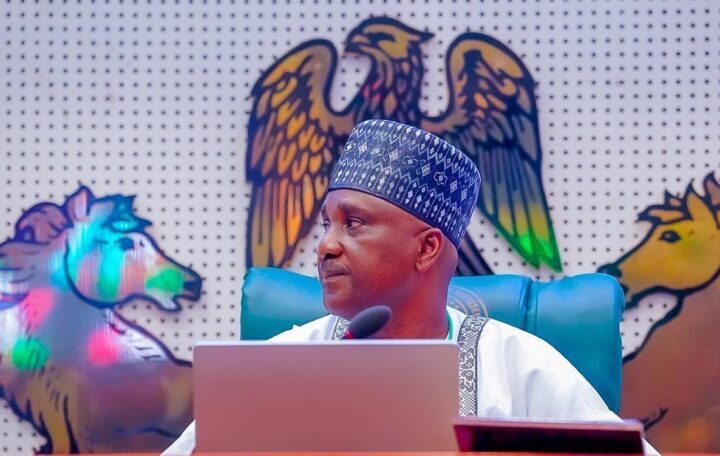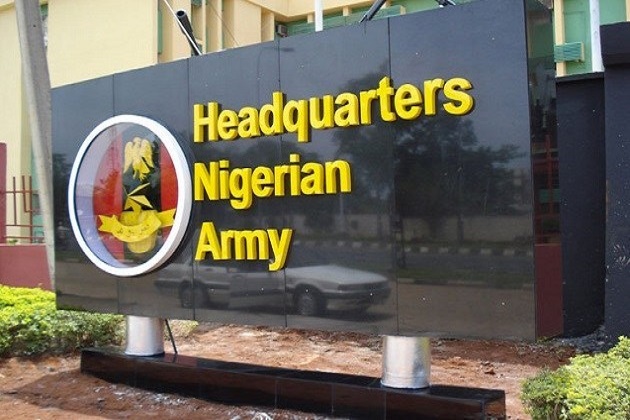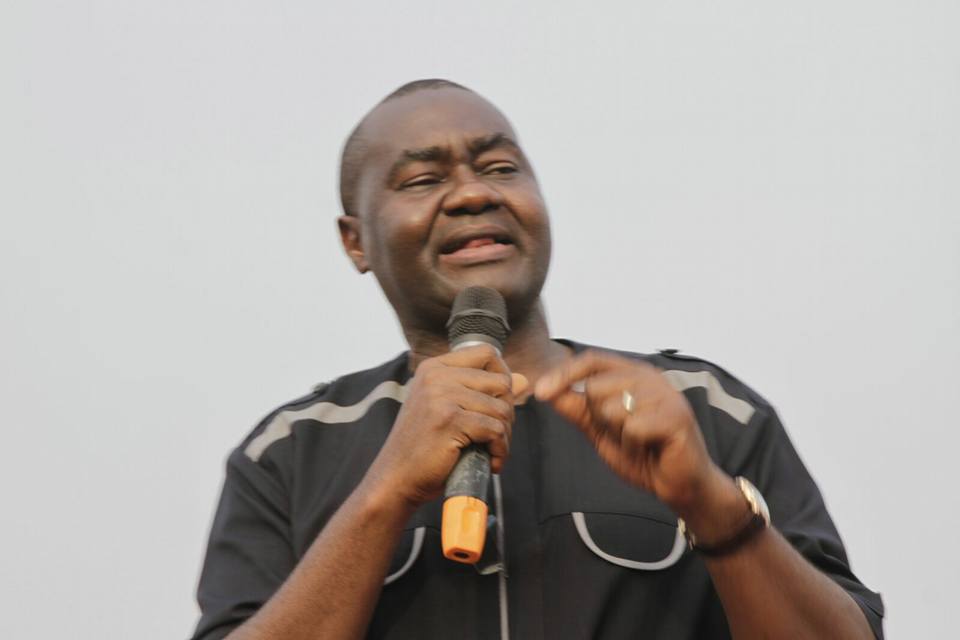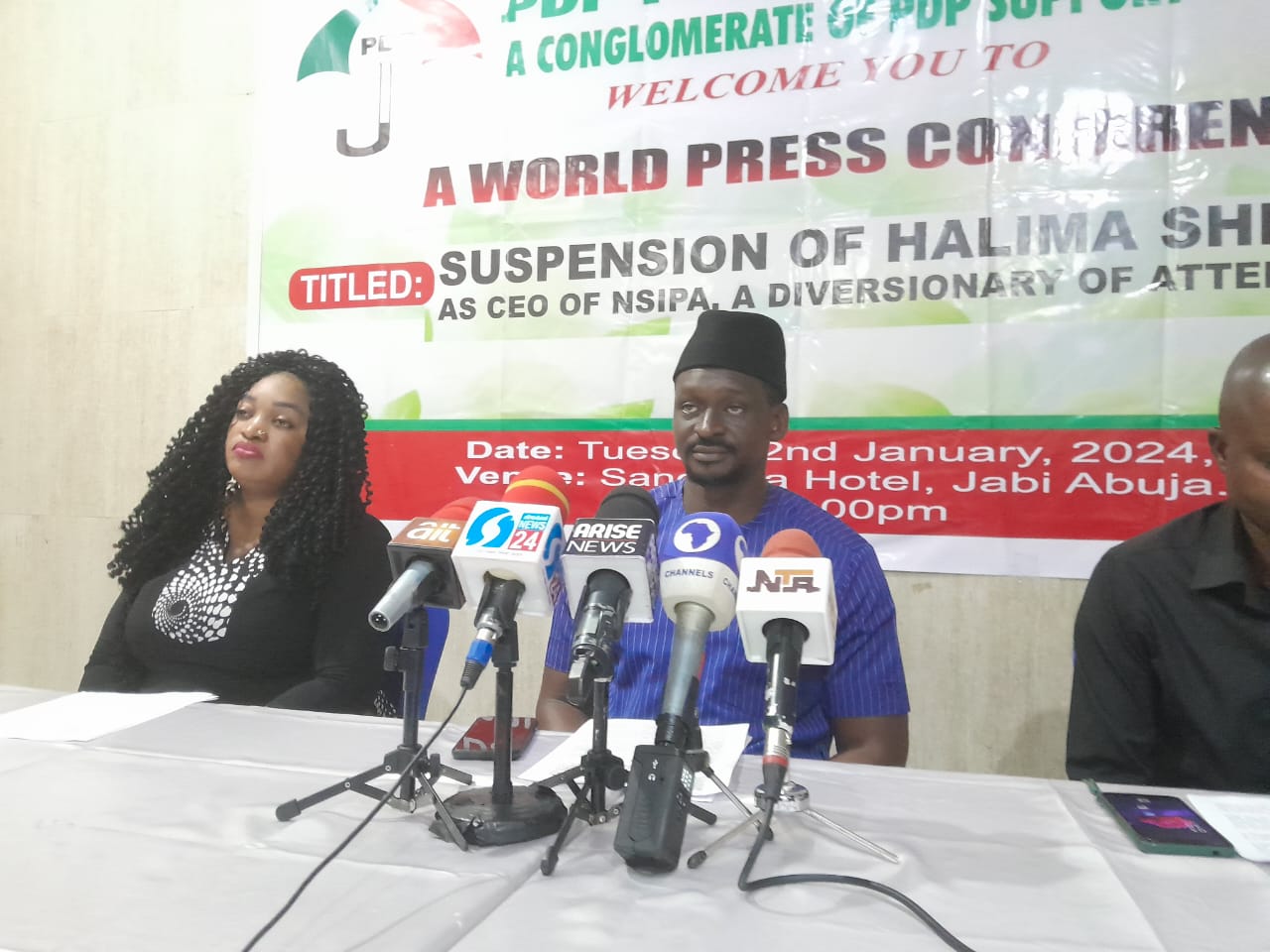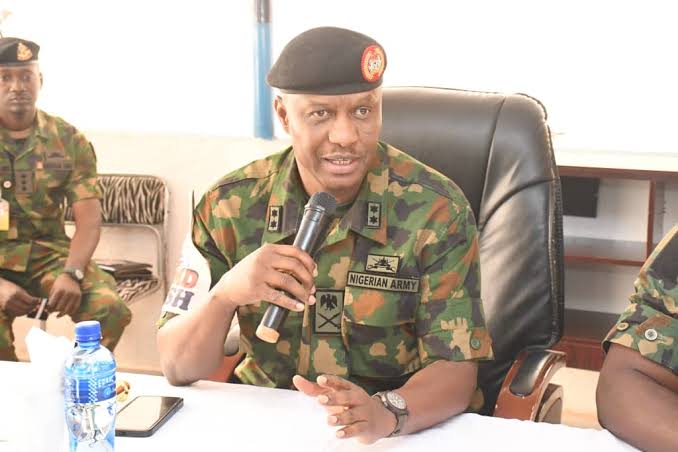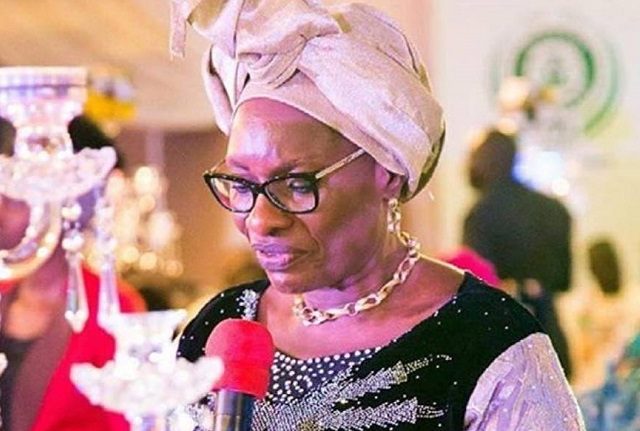Tajudeen Abbas, speaker of the house of representatives, says the country needs policies that drive investment in renewable energy.
Abbas spoke on Wednesday when he inaugurated a study centre of the National Open University of Nigeria (NOUN), and a 484-bed hall of residence at the University of Lagos facilitated by Femi Gbajabiamila, chief of staff to President Bola Tinubu.
Abbas said the world is “moving quickly from this energy source to cleaner and more sustainable sources and the nation needs to follow the trend”.
“If we do not adapt and develop new ways of shoring up our economy, we fail to prepare for the future,” Abbas said.
Advertisement
“As you are aware, the oil and gas sector currently contributes about 65 percent of government revenue and over 85 percent of total exports.
“As such, the global energy shift from fossil energy systems to renewable energy will adversely affect our gross domestic product (GDP).
“This underscores the need for policies that drive investment in renewable energy, agriculture, solid minerals, and intellectual capital.”
Advertisement
Abbas said the nation’s youthful population is “innovative and creative”, adding that Nigeria must harness their growth potential.
“In the face of our challenges, our youthful population is a vibrant source of innovation and creativity. We must harness this potential,” the speaker said.
“This can only be done by pivoting towards policies that foster education, research, and development and encourage the application of knowledge in industrial, technological, and economic activities.”
Abbas emphasised the critical role of a knowledge-driven economy in the development of Nigeria, noting that the legislature can play in crucial role in the country’s transformative journey.
Advertisement
“A knowledge-driven economy can better capitalise on intellectual capabilities rather than natural resources or physical inputs. It is an economy where knowledge is a key engine of growth, innovation, and job creation,” Abbas said.
On the projects facilitated by Gbajabiamila when was a member of the house of representatives, Abbas said constituency projects are critical components of a functioning democracy, especially in a representative system of government like Nigeria.
“These specific initiatives are funded through the government budget and are intended to address the needs and improve the conditions of constituents,” he said.
The speaker said for many Nigerians, especially, those the grassroots, it is through constituency projects that they see the most direct and tangible manifestation of the government and democracy.
Advertisement
“However, there has been a widespread and endemic misunderstanding of the purpose and essence of these legislative interventions,” he said.
“Constituency projects are not mere items in a budget, they are the lifelines that connect the heart of our government to the heartbeat of communities.
Advertisement
“By tailoring projects to local contexts, we ensure that development is not just a concept discussed in the halls of the legislature but a reality experienced in the streets, villages, and towns across Nigeria.”
Abbas said constituency projects best reflect participatory governance, given that local communities are involved in the decision-making process.
Advertisement
He said the approach does not just build infrastructure but trust, confidence, and a sense of ownership among the people.
Advertisement
